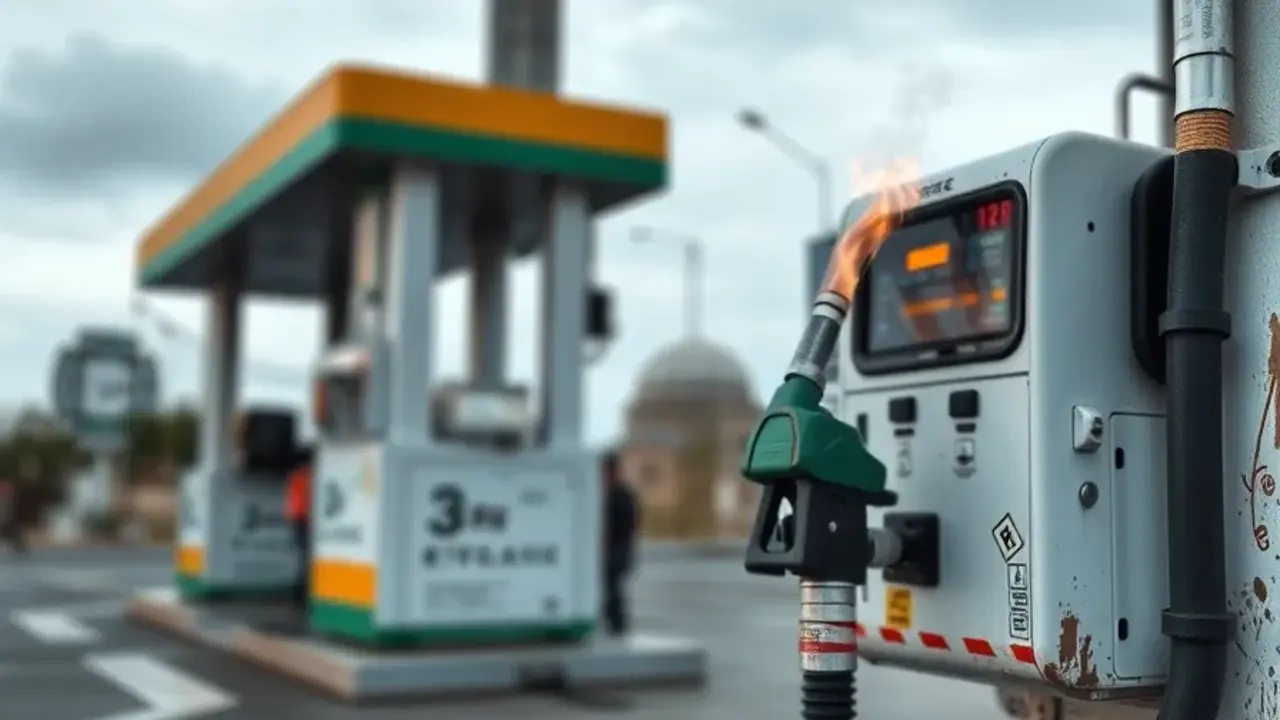This method, which converts plastic into propylene and isobutylene, not only solves the recycling problem but also produces chemicals in demand across a variety of industries. Initial tests have shown that even contaminated mixtures can produce significant amounts of these gases, but careful separation of plastics will increase efficiency.
The researchers agree that scaling up this process will be critical to effectively combating the global plastic waste crisis.
Source: Ferra
I am a professional journalist and content creator with extensive experience writing for news websites. I currently work as an author at Gadget Onus, where I specialize in covering hot news topics. My written pieces have been published on some of the biggest media outlets around the world, including The Guardian and BBC News.













